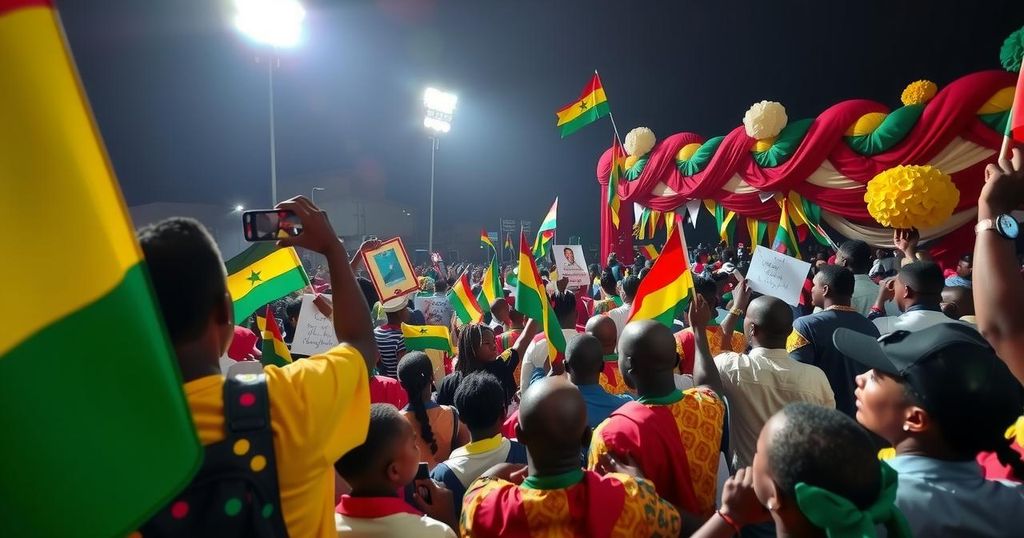Financial Implications of the 2024 Ghana Elections: Costs and Corruption
The article examines the financial aspects of Ghana’s upcoming elections, highlighting concerns about election financing and corruption. It addresses the costs incurred by the Electoral Commission and the exorbitant sums required for candidates to secure victories, emphasizing the urgent need for regulatory reforms in campaign financing.
The upcoming elections in Ghana are increasingly influenced by the significant financial implications they entail, prompting concerns regarding election financing and its potential impact on candidates. With evidence linking political finance to corruption, the Centre for Democratic Development (CDD) has raised alarms about the origins of political funds, suggesting that illicit means may be involved. In 2020, Ghana’s Electoral Commission spent over GH 760 million ($51 million) on elections, a cost projected to surpass GH 786.9 million ($52 million) for the 2024 elections.
The costs associated with winning elections in Ghana have also been highlighted, with estimates indicating that not less than GH 1.5 billion ($100 million) is necessary to successfully secure a presidential candidacy. This exorbitant figure reflects the mounting expenses candidates incur, from campaign strategies to constituency projects. Current regulations on political financing remain inadequate, permitting gaps for potential corrupt practices. Key expenditures during campaigns include filing fees, media advertisements, development projects, and allowances for polling agents, all contributing to a complex and costly election landscape in Ghana.
The article discusses the escalating costs associated with elections in Ghana, emphasizing the implications of political financing on the electoral process. It draws attention to the financial burden placed on candidates and political parties, suggesting that the high costs may deter equitable participation in the democratic process. The article further elaborates on the sources of campaign funds and highlights the need for regulatory reforms to ensure fair election practices. With the financial landscape of elections evolving, the investment required for a successful campaign has become a critical issue of discussion.
In summary, the financial implications of winning elections in Ghana pose a significant challenge, hindering the integrity of the democratic process. The costs associated with conducting elections and the financial demands placed on candidates underscore the necessity for enhanced regulatory frameworks governing campaign financing. Without substantive reforms, the potential for corruption and inequality in political representation may continue to escalate, thus compromising the principles of democracy in Ghana.
Original Source: www.bbc.com




Post Comment